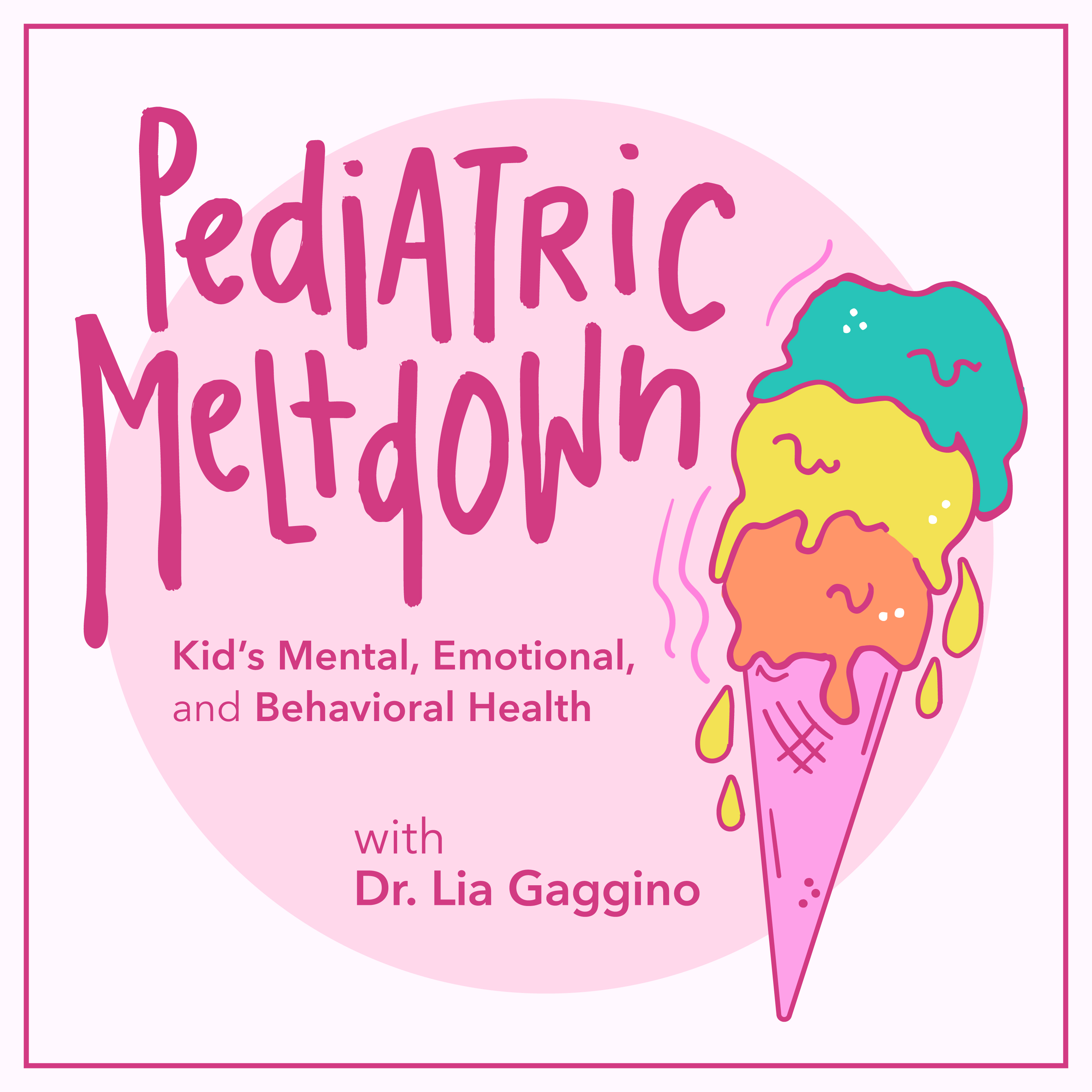
216. Fostering Curiosity: A Pediatrician’s Guide to Early Brain Development
Podcast: Pediatric Meltdown
Autor:Lia Gaggino
What if the key to unlocking your child's potential lies in their natural curiosity? In this enlightening episode of "Pediatric Meltdown," host Dr. Lia Gaggino welcomes developmental-behavioral pediatrician Dr. Prachi Shah to explore the fascinating world of child development. Together, they unpack the importance of play in child development and reveal strategies to encourage exploration. Dr. Shah shares her expertise on early brain development and cognitive growth. Discover how play and exploration shape a child's future, and learn easy practical strategies for encouraging your little one's inquisitive nature.This episode is a must-listen for parents and caregivers eager to nurture their child's innate wonder and set the stage for lifelong learning. [00:33 -15:43] Fostering Curiosity in Young Children: Key StrategiesCuriosity starts with the child's intrinsic motivation and captures their attentionEntering a child's world helps adults see things with "a new set of eyes"Observing nature, like watching insects or plants, stimulates curiositySimple activities, like using a "play right here stick," can encourage wonder and exploration [15:44 - 26:32] Impact of Curiosity on Academic Achievement in Early Education Higher curiosity at kindergarten correlated with higher academic achievement in reading and mathAt low levels of curiosity, there was lower academic achievementSafe, stable, nurturing relationships (SSNRs) provide the foundation for exploratory behaviorPromoting curiosity can foster academic resilience in children from under-resourced environments[26:33 -36:22] Early Childhood Curiosity and Parental InteractionChildren from under-resourced areas hear fewer words, creating a 30-million-word gap by kindergartenFrequent conversational exchanges between parents and children are associated with higher curiosityHigh-quality linguistic environments lead to better academic, occupational, and social outcomesServe-and-return conversational exchanges are recommended by pediatric anticipatory guidance [36:23 - 55:50] Promoting Curiosity in Pediatric Care: The American Academy of Pediatrics recommends prescribing play at every well-child visitUnstructured play time and playful learning with parents are crucial for building cognitive and social-emotional skillsSafe, stable, nurturing relationships (SSNRs) are foundational for the development of a child's curiosityPediatricians can encourage parents to engage in scaffolding and special "sunshine time" with their children to boost curiosity [55:51 - 01:02:58] Closing segment TakeawayLinks to resources mentioned on the showAAP Resources Early Relational Health: https://www.aap.org/en/patient-care/early-childhood/early-relational-health/AAP Early Relational Health Implementation Guide: Early Relational Health GuideReading Tips from AAP http://Healthychildren.org Falling in Love with Reading..Reach Out and Read https://reachoutandread.orgOther episodes you may like:Episodes - Pediatric Meltdown176 ACES and the Power of Positive Relationships175 Beyond...
Fecha de Publicación: 16 de octubre de 2024
Duración: 1 hr 3 min
Añadir a Playlist

Episodios Relacionados
-
249. The Pediatric Meltdown Podcast: Behind the Scenes junio 4, 2025
-
248. Conversation with My Daughter: Soft Body Baddie mayo 28, 2025
-
247. Human Trafficking: What Pediatric Clinicians Must Know mayo 21, 2025
-
246. Pediatric Psychopharmacology: Tips for Prescribers mayo 15, 2025
-
245. When Sadness Looks Like Anger: Rethinking Pediatric Depression and Behavioral Activation mayo 7, 2025